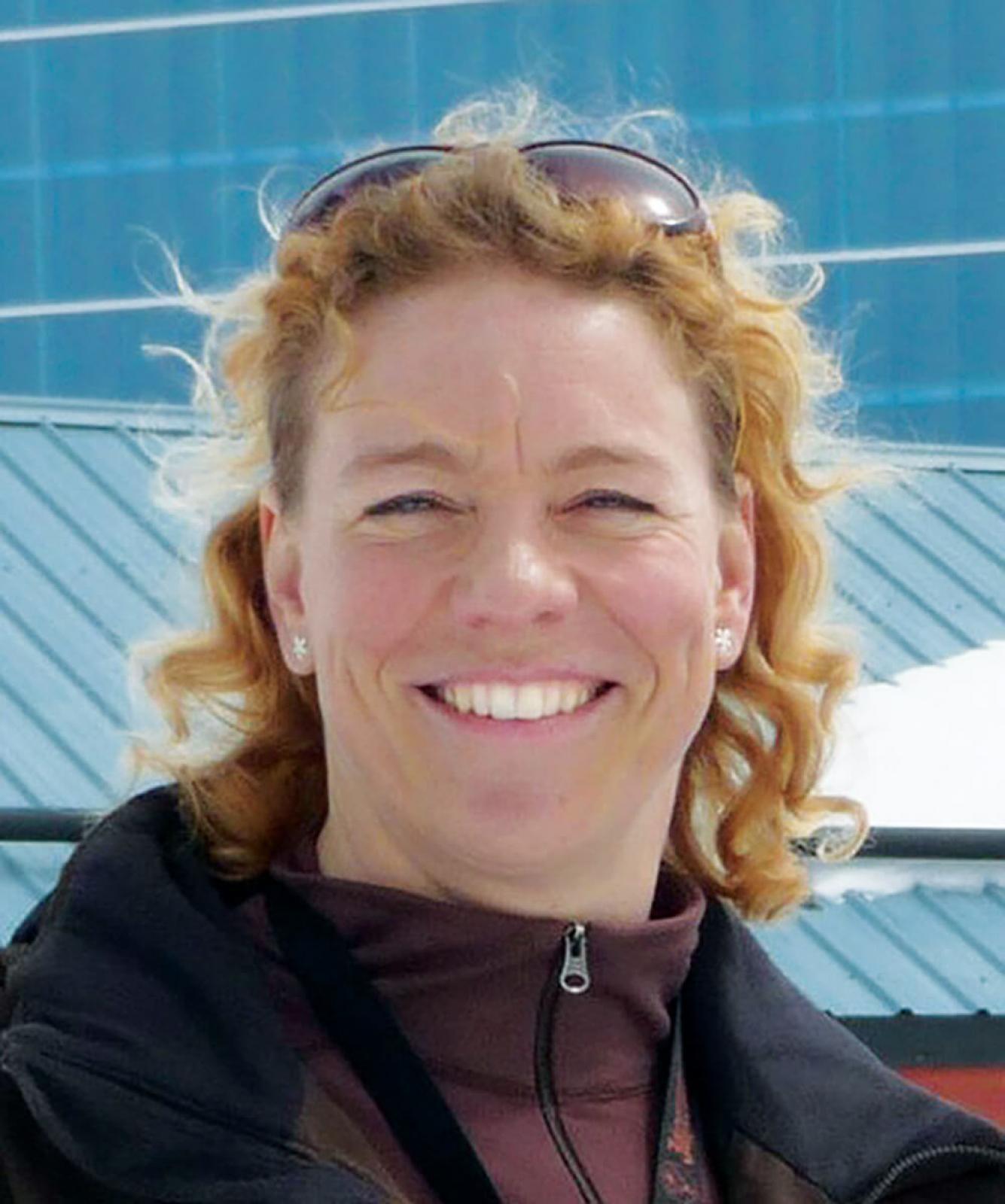June 1, 2016

Heike Stippler CLD
Construction supports maintenance
This month’s mentor is Heike Stippler, president of Heike Designs in Whistler, B.C. Stippler earned an architecture/engineering degree from the Technical University in Braunschweig, Germany and has been landscaping in Whistler, Pemberton and Squamish since 1999. Named the British Columbia Landscape & Nursery Association Member of the Year in 2014, Stippler serves on the BCLNA board and is a horticultural advisor to the Sea to Sky Invasive Species Council. Heike Designs was launched in 2005 to provide design, installation and maintenance services.
Why do you enjoy being a green professional?
It’s never boring, that’s for sure. It’s an ongoing challenge working with living things, because each garden is constantly evolving, however that is a challenge I thoroughly enjoy.I’m also very passionate about the environment and the importance of using green practices, and also educating clients and colleagues about them as well.
A good example of why this industry is so important to me goes back to my time in university. One of the first projects I was involved with was the design of a park in the centre of Berlin right around the time when East and West Germany were reunited. A green space near the heart of the city was previously a part of East Germany, and during the transition, it was undecided what exactly would happen with the space. Fortunately, city planners implemented our design, and that area will always remain a green space.
How does your architectural background influence your landscape designs?
It makes me understand the connection between garden and home a little bit more. I don’t want to design a garden that could go anywhere, rather there should be a connection between the garden and the home, the way that it is constructed or perhaps the location. My gardens are meant to be where they are; you can’t just move one design to the neighbour’s property.
How do you keep staff members engaged?
A lot of companies will separate maintenance and construction crews, but I purposefully avoid that. I understand that it is a bit unusual, but it’s very important to me.For our business, we probably spend two-thirds of our time on maintenance and the remainder on construction work. And while there are challenges to our staff model, I have found the maintenance staff seems to care more about the properties we install. When somebody is actually involved in the build, they tend to connect to the place because they remember the installation, and how the property looked before. So I have found our staff take
It comes down to small things like ensuring there is enough space between plants and rocks to cultivate the soil with a hoe. Or making sure a lawnmower is going to fit through a narrow section of the lawn, or even just weeding thoroughly during the installation process.
My thinking is that the maintenance and construction sides need to be connected, because if you don’t understand how it will be maintained, how can you do the design or the build?
Further to that, I try to take the time during the build to be on-site to talk with our staff about the initial concept and the idea behind the garden, as well as the kind of care the plants will need to thrive; bringing our staff on board and making them an integral part of the project from the beginning makes a real difference down the line.
Describe your personal design style.
First off I would say the less restrictive the better; I try to keep an open mind. Listening to the client is important, rather than imposing and saying, ‘well, this is what I always do.’I try to create a flow within the landscape because nothing should ever be stagnant. Even in a formal or a contemporary design, there is still room for that element where your eye has something to go with, that leads to something.
Of course, each situation is different and one of the most important aspects of this profession is trying to find out what works for each situation because every client has different wants, needs and budget parameters.
If you have a question to suggest, or a mentor to recommend, please e-mail editor@landscapetrades.com.